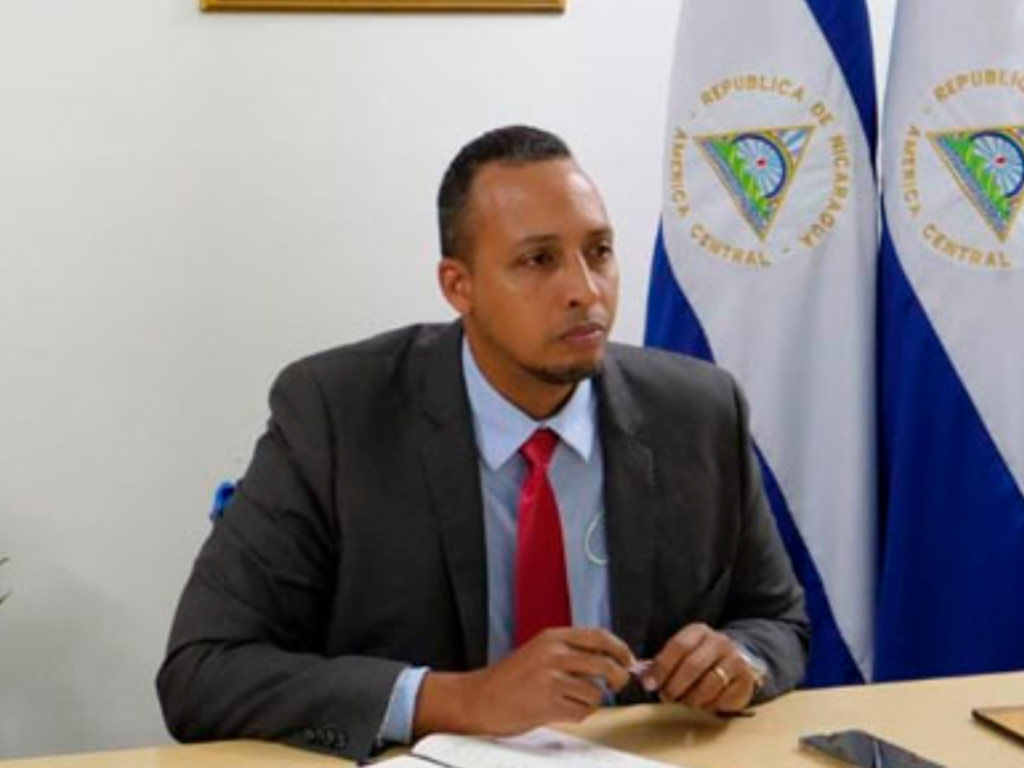According to the diplomat, communication and cooperation between the main political parties, governments and peoples have grown exponentially since the reestablishment of bilateral diplomatic relations in 2021.
China and Nicaragua recently signed a Free Trade Agreement that will come into force in January 2024 and will allow “more than 90 percent of our respective products to be commercialized in our countries without tariffs,” the official said.
Regarding educational exchange, some 30 Nicaraguan students are benefiting from scholarships granted by the Chinese Government, mostly linked to the Mandarin language, communication, architecture and engineering.
Campbell explained that the intention is to expand the educational exchange to other studies offered by China in the field of diplomatic relations, culture and engineering.
The official commented that the Nicaraguan Embassy’s staff has visited the provinces of Hebei, Shandong and the Xinjiang Uyghur Autonomous Region, where Campbell considers that there are possibilities for similar collaboration agreements. “We must work at all levels to guarantee a solid relationship,” he stated.
For Campbell, the success of strong bilateral ties is a result of the work done on two levels: the link between the governments, and the relationship between the Communist Party of China and the Sandinista National Liberation Front (FSLN).
jg/llp/jha/idm










